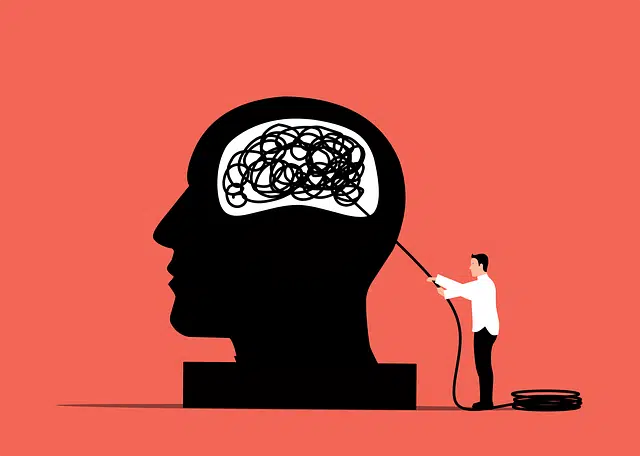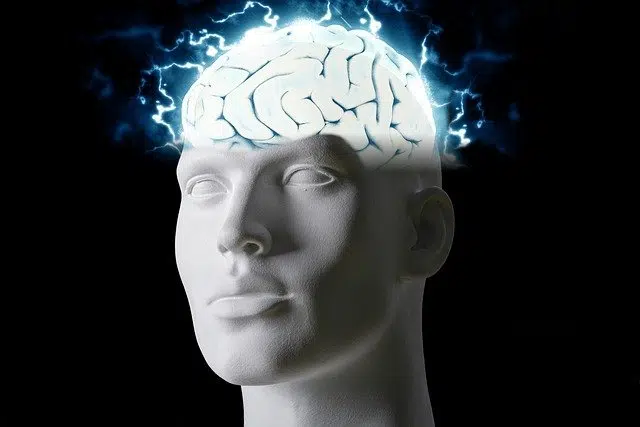
The origins of scientific psychology date back to the 19th century.
The word psychology comes from the Greek psycho- ( soul , mental activity ) and -logy ( study ). It is the science that studies mental processes through three dimensions: cognitive , affective and behavioral .
For its part, the second word that gives form to the term we are dealing with, scientific , we can determine that it has its etymological origin in Latin and more specifically in the word scire which can be translated as "knowledge."
Scientific psychology , stripped of speculation and metaphysics, was born in the 19th century . With psychophysics , which attempts to measure the mental in a quantitative way and seeks to establish a link between the physical and the psychological, psychology becomes part of the objective sciences.
Origins of scientific psychology
The first scientific psychology laboratory was established by Wilhelm Wundt in Leipzig , Germany . Since then, psychology has continued to make progress in the empirical knowledge of mental processes and behavior.
He was a German psychologist and physiologist who marked a milestone with the launch of the aforementioned laboratory, but also gained great fame for his entire body of work and endeavors that have led to him being recognized today without a doubt as the father of structuralism.
A laboratory in which he was a pioneer and where he developed his many studies and theories. However, a number of other illustrious figures who left their mark on scientific psychology also benefited from this space. This would be the case, for example, of the German psychiatrist Emil Kraepelin who founded scientific psychiatry or the English psychologist Charles Spearman, who is known primarily for his contributions to psychology and statistics through his two-factor theory.

Scientific psychology analyzes mental processes.
Janet's contributions
However, we cannot overlook the role played within the science we are addressing by figures such as Pierre Janet, a member of the so-called School of Paris, who, among other things, carried out the theory of psychological automatism with which he managed to explain the amnesic behaviors that occurred in people suffering from split personality.
And all this without forgetting the use and study he made of hypnosis to solve problems of hysteria.
Scientific psychology and behavioral and cognitive practices
In the 20th century , American behavioral psychology and Soviet psychology coincide in positivist experimental and epistemological approaches. In this way, the discipline is framed within the natural sciences and behavior replaces the mind as an object of study.
However, in the middle of the century, cognitive psychology recovered the study of mental processes, but maintaining the experimental methods of behaviorism . The notion that science is built from the empirical and objective is never abandoned.
The combination of behavioral and cognitive theories and practices has enabled the emergence of techniques to solve individual and social problems, along with the development of scientifically proven therapies .
Alternative psychologies or pseudopsychologies, which reject the scientific method , are excluded from scientific psychology. One of these cases would be parapsychology , a discipline criticized by many specialists.
